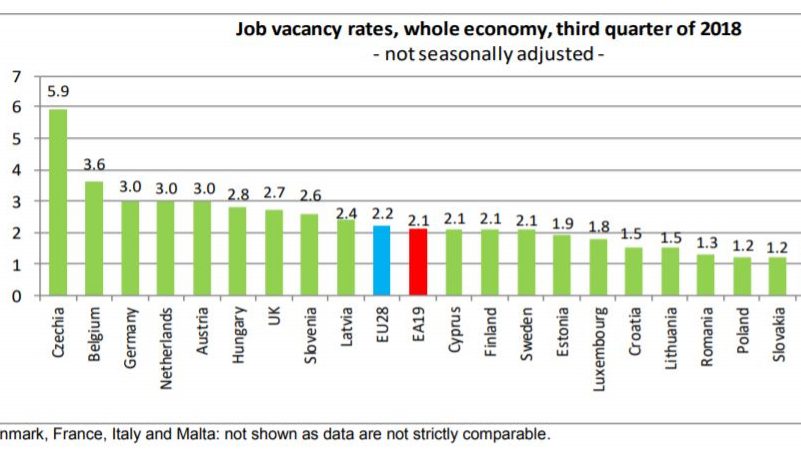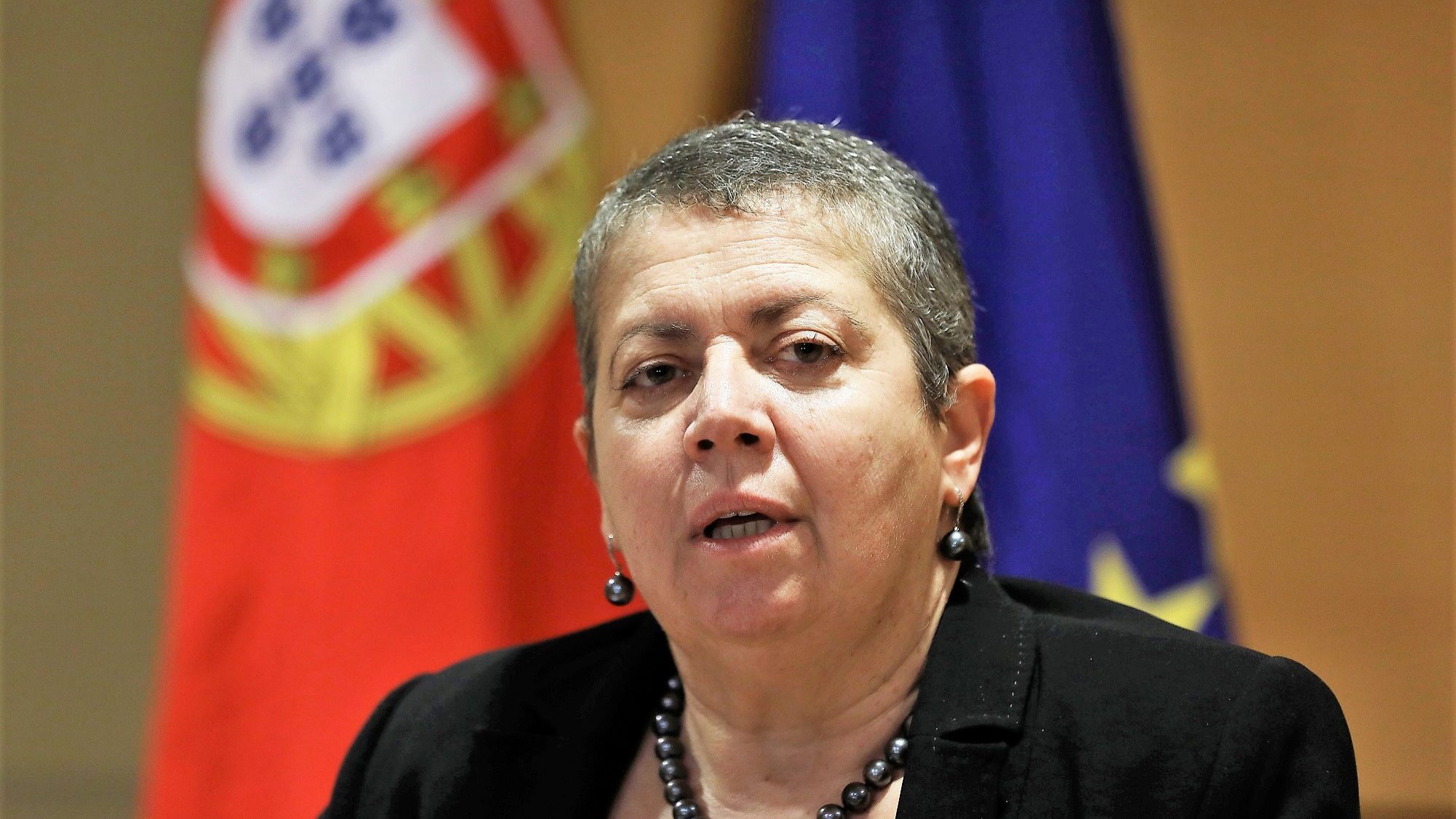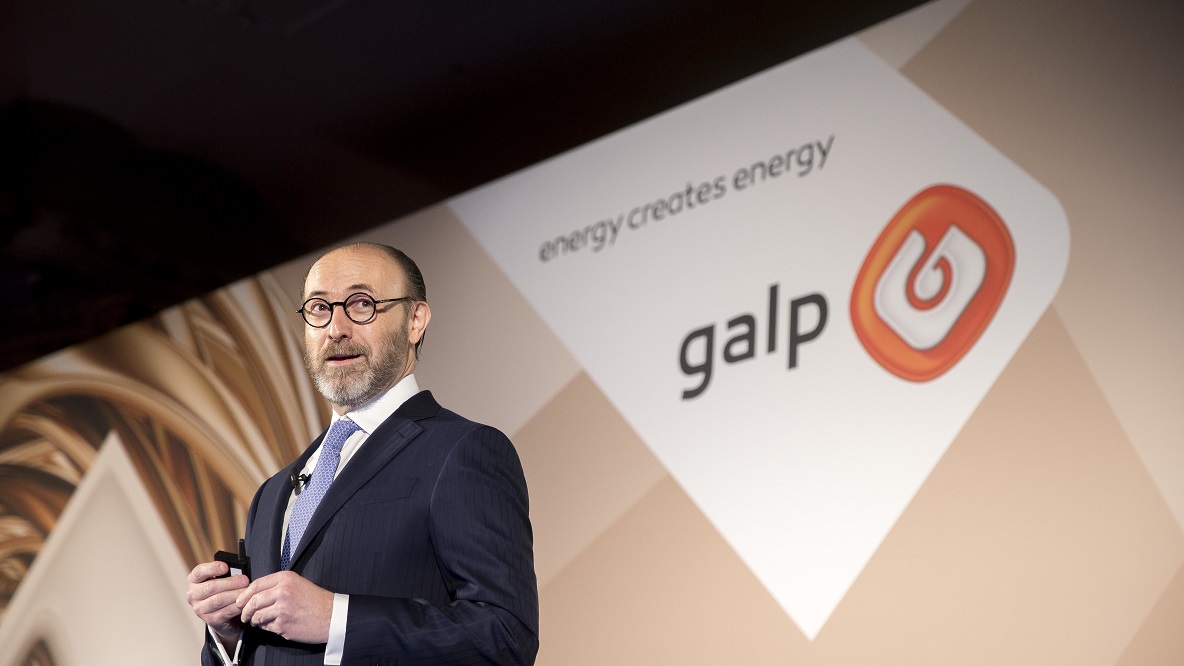Portuguese bond yields hit seven-month low as the ECB announces end of quantitative easing programme
The ECB announced the end of its Public Sector Purchase programme (PSPP), a part of its strategy to counter inflation in the eurozone since 2013. As a result, the Portuguese bond yield decreased.
The European Central Bank announced this Thursday that it would “reinvest the proceeds of maturing bonds bought under its stimulus [APP] programme over the entire year to avoid jolts to debt markets”, according to news agency Reuters.
As a result, Portuguese 10-year bond yield fell to the lowest level in the last seven months, at 1.676%. According to analysts, this decision will favour countries such as Ireland and Portugal, as the ECB will no longer be restricted to the countries where the maturing bonds originated from.
Marcel Alexandrovich, a European financial economist at Jefferies, told Reuters that now, the ECB’s “reinvestments don’t necessarily have to come back to the same country where purchases were originally made, because they want to address some of the under buying before the new capital key”.
Tweet from @ecb
In June 2018, the ECB, led by Mario Draghi, announced it would end the stimulus to the eurozone through its three-year-bond buying programme until December 2018, provided that the medium-term inflation outlook was confirmed.
Tweet from @ecb
After buying at a reduced pace in the final three months of 2018, the ECB will now phase out net asset purchases after over four years of the PSPP purchase programme implementation, confident that inflation in the eurozone is back on track.
The ECB is convinced that the “signs of a sustained upward trend” are “expected to rise gradually” supported by the central bank’s “monetary policy measures, the continuing economic expansion, the corresponding absorption of economic slack and the rising wage growth” in the eurozone, Draghi noted in a press conference held in Frankfurt in January 2018.




